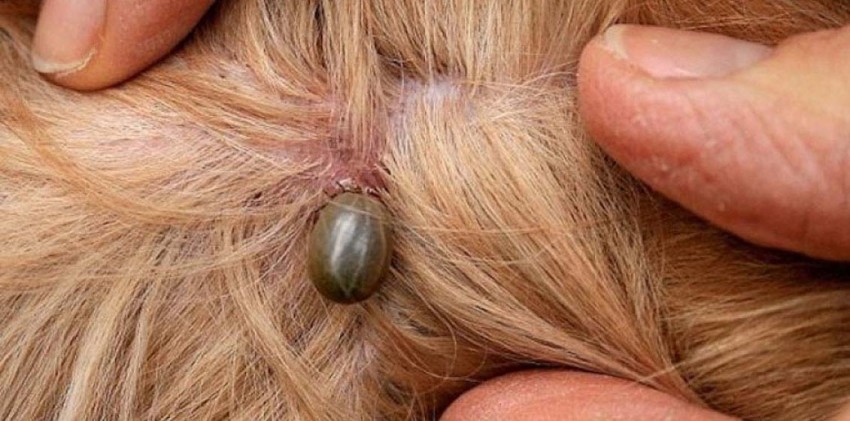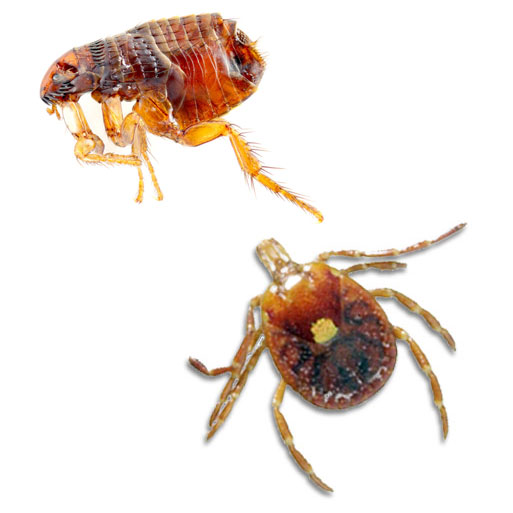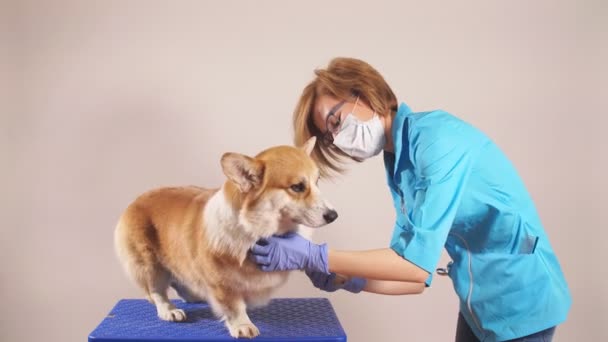Dog vomiting: causes and what to do in this situation?
 Is your dog sick? In dogs, vomiting is not always a symptom of a serious illness and / or reasons for urgent treatment at a veterinary clinic. However, vomiting is something that you should not ignore. Learn about vomiting in dogs to be able to help your pet feel better as soon as possible.
Is your dog sick? In dogs, vomiting is not always a symptom of a serious illness and / or reasons for urgent treatment at a veterinary clinic. However, vomiting is something that you should not ignore. Learn about vomiting in dogs to be able to help your pet feel better as soon as possible.
Causes of Vomiting in Dogs
Vomiting can occur in dogs for various reasons, some more serious, others not. Food illegibility is a common cause of vomiting in dogs (for example, eating garbage or food from the owners table). However, vomiting can also be caused by something more serious, such as toxin use, gastrointestinal obstruction, pancreatitis, and much more.
Vomiting is one of the most common symptoms of the disease, with which dog owners refer to the Constellation veterinary clinic. Vomiting may be accompanied by diarrhea, loss of appetite and lethargy. It is important not only to understand what caused the dog to vomit, but it is also important to know what to do in this situation.
What to do if the dog starts vomiting
If the dog is vomited once or twice, then it is not necessary that something serious has happened. You do not call a doctor every time you have a stomachache? Of course not. However, it is important to pay attention to these symptoms, because dogs cannot tell us how bad they are. In fact, dogs often hide their diseases for as long as possible, a false feeling is created that the dog is healthy and sometimes animals get into a veterinary clinic in a very serious condition.
If the dog vomited, see what.
This is food?
Bile (dog vomited “yellow foam”)?
Slime
Dog vomited “white foam”?
Water?
Is there any blood?
Are there toys, clothes or other inedible material?
A good idea is to keep foreign objects that you find in vomiting; your vet may have to see them.
After the dog has been vomited it is recommended not to feed or water it for several hours, and at this time to observe the animal. If the dog after vomiting is sluggish and apathetic, vomiting is accompanied by diarrhea, or you see other signs of illness, remember these facts.
Never give a dog medication without first consulting a veterinarian!
If you experience the following symptoms, immediately contact a veterinary clinic:
Vomiting often repeated several hours in a row.
Your dog demonstrates extreme apathy and lethargy.
You suspect your dog is poisoned.
Your dog is on treatment that may cause vomiting (stop giving the medicine and call the veterinarian who prescribed the treatment).
You suspect that your dog has swallowed a foreign body, such as a toy or clothing.
In the emetic material you see a lot of blood (small blood stains are not an emergency, but if they do not stop their appearance, contact the veterinary clinic).
Your dog’s abdomen is swollen (this can be a sign of a swollen stomach or other serious illness).
Your dog’s stomach seems painful.
Your dog’s gums are pale, white, bluish or gray.
Your dog has breathing problems.
If you have any doubts, just contact the vet clinic!
If you are in Moscow – you can contact the Constellation round-the-clock veterinary center at VDNKh. Veterinary professional doctors work in the center, diagnostics are performed on modern equipment, severe patients are treated in the hospital
If your dog is sick once and does not show any other signs of illness, you can probably resume normal feeding within 6-12 hours. Just watch out for vomiting again.
If the dog is vomited again at the next feeding, but vomiting does not repeat after a few hours, then try to first offer your dog a small amount of water. If after that the dog has not vomited – offer a small amount of soft food. For a bland diet, it is usually recommended to boil chicken or minced meat with plain white rice. Do not forget to drain the broth. Do not add salt or seasoning. Offer a couple of tablespoons of this mixture. If your dog will not eat, do not force. Try again in a few hours. If your dog eats and is not sick for an hour after feeding, try giving a little more food. Repeat this feeding the next day. If vomiting is not repeated, and your dog’s appetite is good, you can begin to gradually add your dog’s usual food to a mixture of a soft diet.
If vomiting occurs several times during the day and continues the next day, we recommend contacting a veterinary clinic.
If your dog does not eat two days in a row, you must contact the veterinary clinic, even if vomiting has stopped.
With a number of diseases, vomiting is accompanied by diarrhea. Contact your veterinarian if diarrhea does not stop by the next day.
Periodic vomiting (less than once a day) is also not considered normal.



